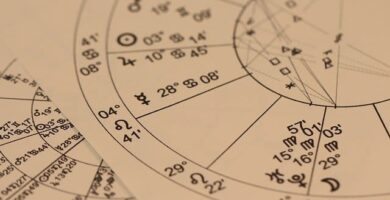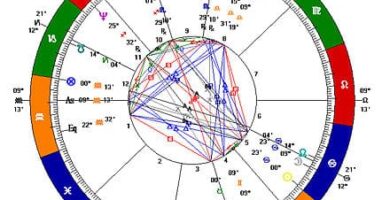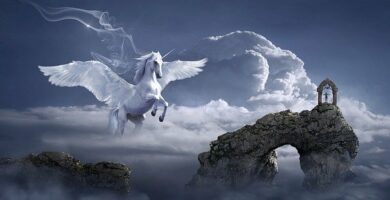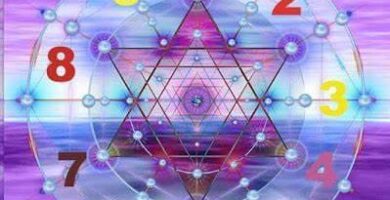The Chinese zodiac, or shengxiao (as it would be pronounced in Chinese), is a 12-year cycle that repeats itself. and that each year represents an animal and its perceived characteristics.
The 12 animals of the Chinese zodiac have this order. Rat, ox, ox, tiger, rabbit, dragon, snake, horse, goat, monkey, rooster, dog and pig.
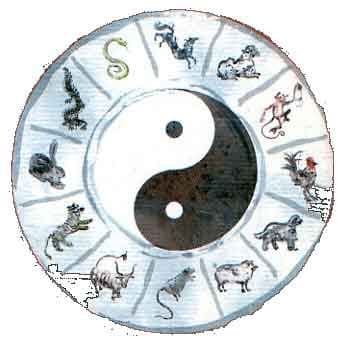
Which are the luckiest signs in the Chinese horoscope?
In China there is a saying that most (9 out of 10) people born in the year of the goat will have bad luck.
Many Chinese also believe that people born in the year of the Goat are more likely to be followers than leaders. This is an outdated superstition, but it has a real impact on Chinese society.
On the contrary, the Dragon is the most popular zodiac sign, in China, births peak in the year of the Dragon. In Chinese culture, the five happiest and most popular constellations are the Dragon, Snake, Pig, Rat and Tiger.
Logically, it is difficult to determine the happiest and the unhappiest constellations because each constellation has its own strengths and weaknesses. Socially, different combinations of constellations have different relationship dynamics, and people do not live in isolation, which can have a great impact on their lives.
What Chinese animal am I according to my date of birth?
How to be lucky in your own Chinese horoscope year
The Chinese zodiac consists of each year of a person's life having the same zodiac sign as the year of birth. There are 12 different animal signs, so the zodiac sign year appears once per 12-year cycle: 12, 24, 36, 48, 60 and 72. This is known as Benmingnian.
In Chinese astrology, it is believed that a person in his zodiacal year will offend the god of age, Tai Sui, and suffer his curse. It is believed that it only brings misfortune, therefore, the followers of Chinese astrology pay special attention to their behavior in the year of their birth sign, that is, every 12 years of their life.
Chinese zodiac origins
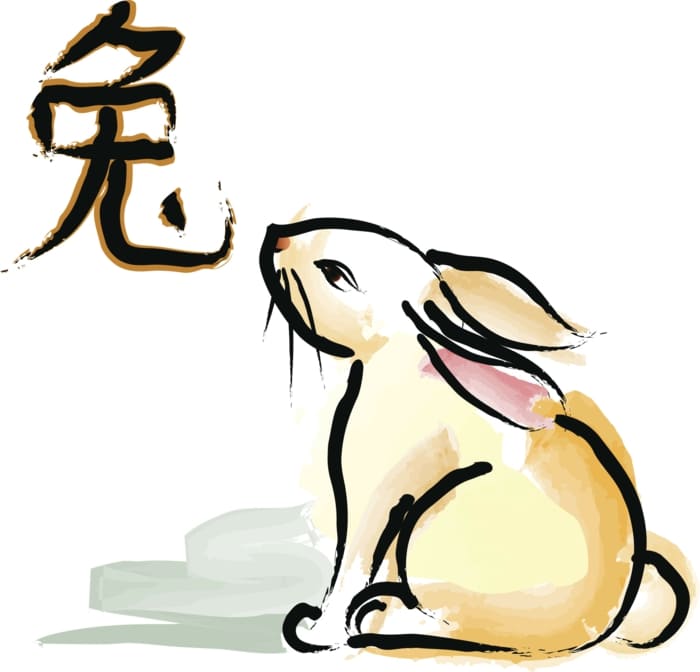
The Chinese zodiac is an annual cycle of 12 animal signs that are divided each year.
The 12 signs are explained by a myth: when the Jade Emperor (the supreme immortal god) established the calendar, he summoned all the creatures of the earth to a contest. The first 12 to cross the line were awarded Chinese zodiac symbols and knobs.
In fact, the 12 animals were very carefully chosen by the ancients after many revisions. The 12 signs of the zodiac were closely related to the daily life of the ancient Chinese or had meanings related to luck.
Chinese New Year and the Chinese Zodiac
There are two dates that mark the beginning of the Chinese zodiac: Chinese New Year or the "beginning of spring.".
Chinese New Year (the first day of the lunar year) falls between January 21 and February 20.
The beginning of spring (the first day of the solar year), the first day of the first holiday of the traditional Chinese solar calendar, falls between February 3 and 5.
Most Chinese use the lunar new year as the beginning of the zodiacal year. However, for professional divination, Chinese diviners use the "beginning of spring" or New Solar Year as the beginning of the zodiacal year..
The five elements of Chinese zodiac

Just as the horoscope we all know has its elements (water, fire, earth, earth, air), the Chinese zodiac distinguishes five elements: fire, earth, gold, water and wood.
Each element is associated with a motivating force in people's lives. Each element has a 12-year cycle.
Element | Zodiac Sign |
Wood | Tiger, rabbit |
Fire | Snake, horse |
Earth | Ox, dragon, goat |
Metal | Monkey, rooster |
Water | Pig, rat |
Can you help us to share?
- Meanings of the Major Arcana - January 9, 2023
- Tarot Spread 1,2,3 - August 13, 2022
- Repetition of cards in a Tarot spread - July 21, 2022

